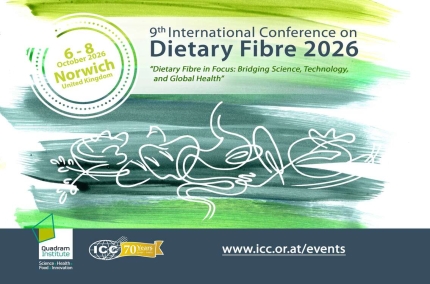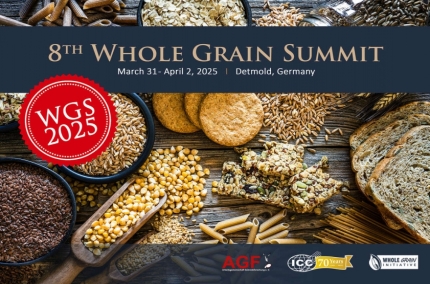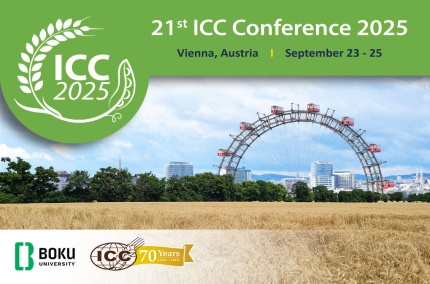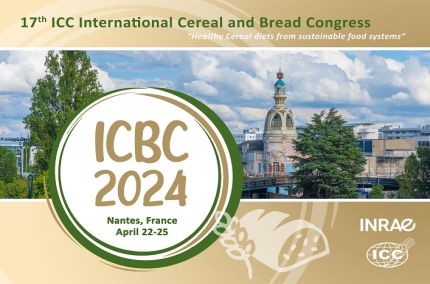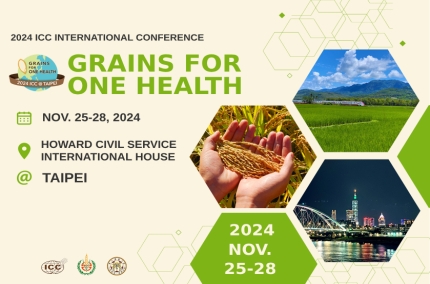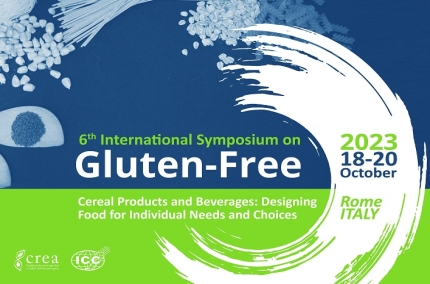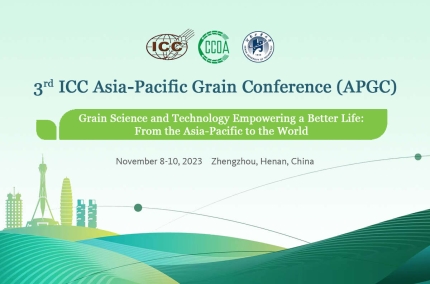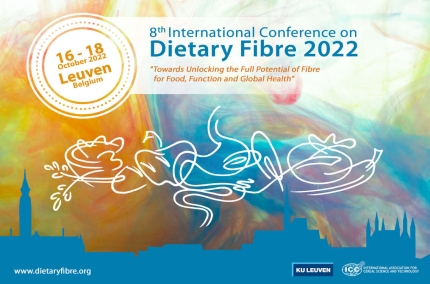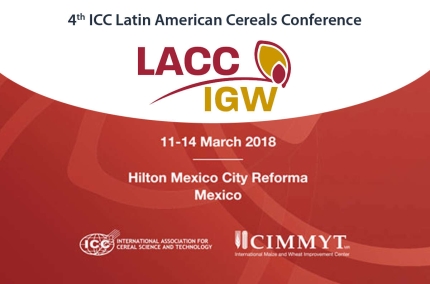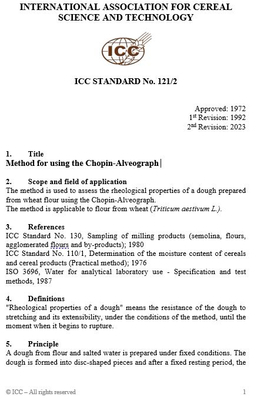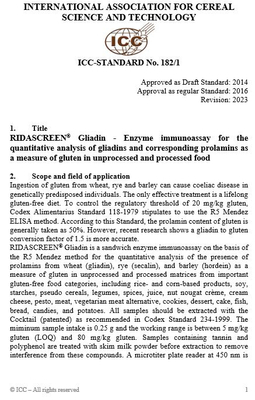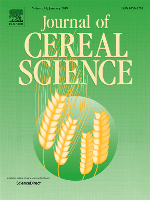
Resistant Starch: Physiological effects, health benefits and accurate measurement


|
Prof. Barry McCleary, CEO and owner of Megazyme will present on:
|
RS is that portion of starch not broken down by human enzymes in the small intestine. It enters the large intestine where it is partially or wholly fermented. The presence of RS in foods was first recognized by Englyst et al. in 1982, and in 1986, Berry developed an analytical procedure for the measurement of RS that was physiologically based. Several other methods for RS measurement were developed during the European Research Program EURESTA. In developing AOAC Method 2002.02, the aim was to provide a robust and reliable method which reflected in vivo conditions, and which yielded values that were physiologically significant. This method, like most other methods of the time, involved an incubation period with amylalytic enzymes of 16 h, which is now considered to be non-ideal.

|
Who should attend this webinar?
|
What will you learn about?
Date:
26 January 2021 | 4:00-5:00 PM CET (Vienna) | 09:00-10:00 AM CST (Indiana)
Price:
Free for ICC Members | € 25 for Non-Members
PS: As ICC Member you can join this webinar for free. In case you did not receive your discount code, please contact the ICC Headquarters!








